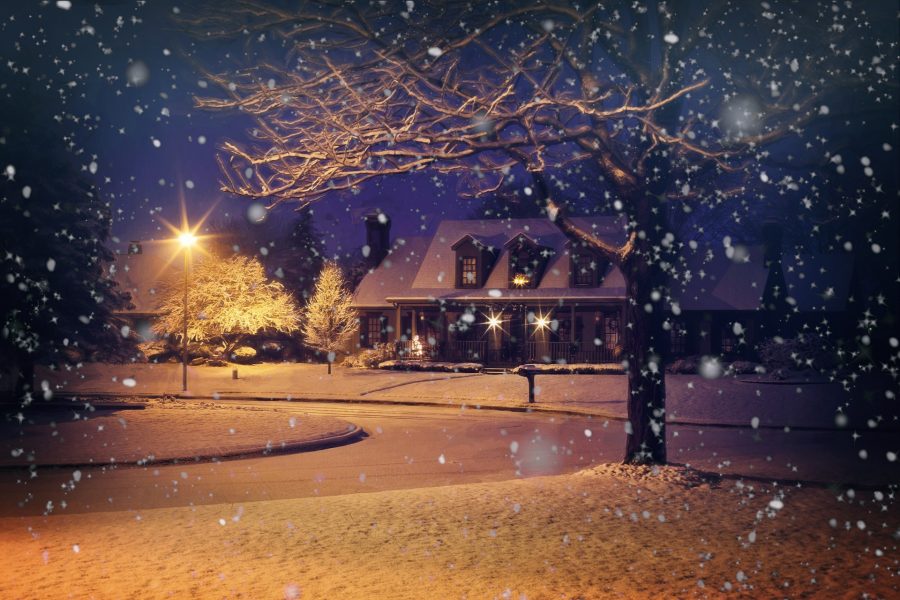With winter on the way, it’s time to start thinking about getting your home ready for the unpredictable winter weather. One of the biggest challenges of dealing with winter weather is the potential for damage from the snow and wind that accompanies blizzards. It’s important to take on this task, though, because if your home sustains damage from snow, you could find yourself with a gaping hole that makes it impossible to keep your home warm. By making some basic improvements and preparations, though, you won’t have anything to worry about when winter weather strikes.

Provide Plenty of Drainage
One problem with having snow on your home is that when it melts it can be difficult for the liquid water to drain away. This is made all the more difficult if your gutters are still clogged with fall leaves. Therefore, it’s important to clean your gutters and downspouts so that any melting water has a chance to drain away from your home instead of being held on your home and potentially causing damage.
Upgrade Your Roof
When a major snowstorm strikes, it is vital that your roof is as strong as possible to support the weight of the snow. While a traditional shingle roof can do a decent job of supporting the weight, metal roofing can do even better. Its smooth surface makes it easier for snow to slide off, plus its increased strength makes it less likely that your roof will collapse under the weight of several inches of snow.
Wrap Your Pipes
Something that always accompanies snow and blizzards is bitterly cold temperatures. This could put components inside your home just as much at risk as components outside your home. That’s why it’s crucial that you wrap your pipes with protective insulation to help protect them from freezing. You should also leave your faucets dripping overnight when the weather is especially chilly.
Secure Loose Objects
In some cases, blizzards could be accompanied by hurricane-force winds. This means that any loose objects around the exterior of your home could be at risk of blowing away. Therefore, before the storm strikes, it’s important to walk around your home and look for anything that’s not tied down so that you can take steps to secure those items so that you don’t lose them.
After a major storm strikes, it’s a good idea to check on your neighbors as much as possible. A community that sticks together during extreme weather will help give each individual the best chance of coming out okay. Therefore, as much as your resources will allow, do your best to lend a helping hand to help prevent damage to other people’s home’s just as much as you have worked to protect your own home.